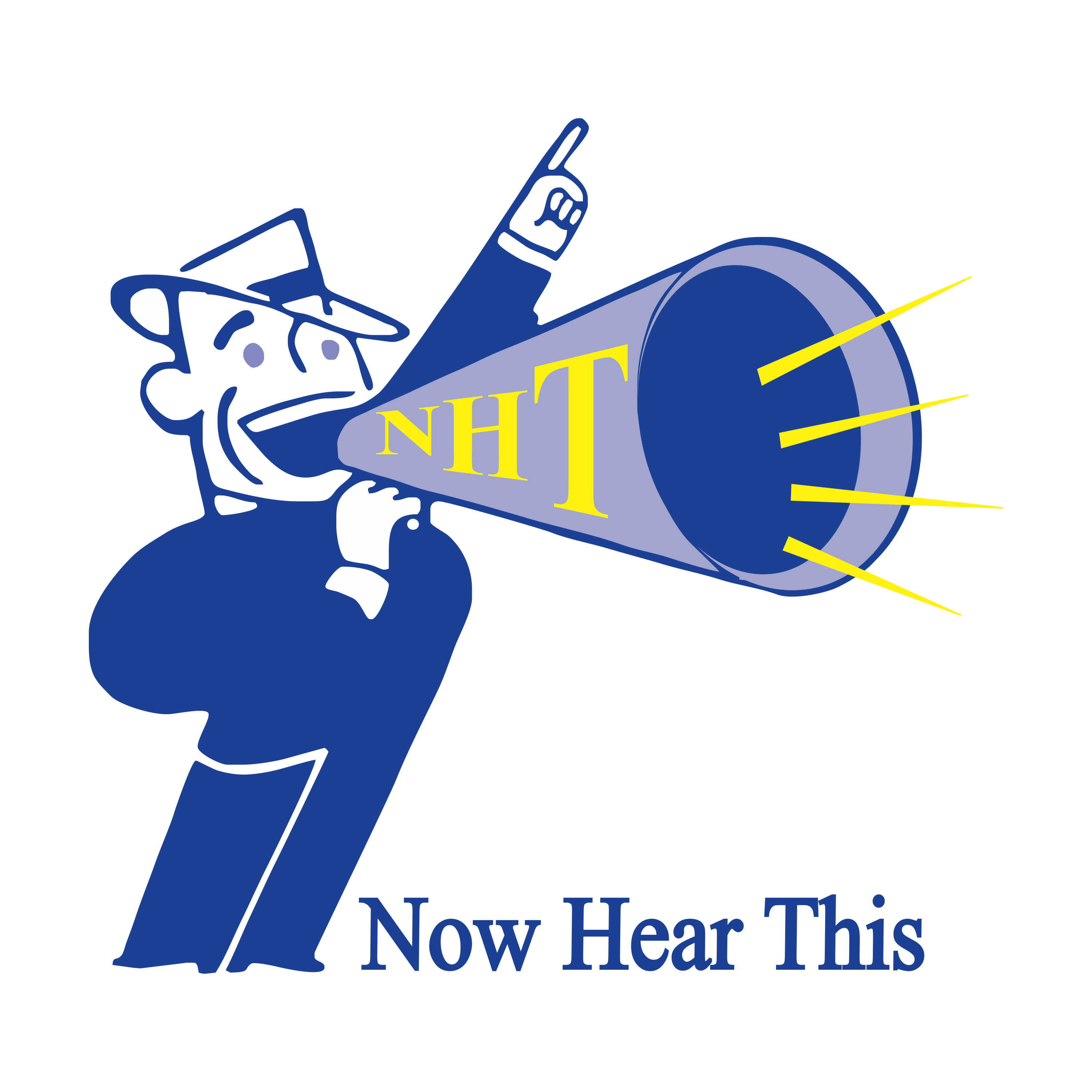 I once gave out a tip on an episode of “Now Hear This Entertainment” where I said that, “If there’s something you feel really strongly about, post it as a status on your (Facebook) page, not overly wordy, either, and consider even tagging people in your post, those that you know will attend and also be an ambassador for you. So, ‘We’re playing at x and are excited to see a lot of you there. Share this post and bring some friends with you,’ kinda thing.”
I once gave out a tip on an episode of “Now Hear This Entertainment” where I said that, “If there’s something you feel really strongly about, post it as a status on your (Facebook) page, not overly wordy, either, and consider even tagging people in your post, those that you know will attend and also be an ambassador for you. So, ‘We’re playing at x and are excited to see a lot of you there. Share this post and bring some friends with you,’ kinda thing.”
The key words there are “those that you know will attend and also be an ambassador for you.”
The full context – what I’d actually said before that – was, “When you create an event on Facebook, think twice before you invite everyone, meaning, all your friends or all your followers, especially if you’re someone who does this regularly. A – enough people do that nowadays where I’m sure the majority of those invites don’t even get looked at, and B – it’s especially annoying when someone’s getting an invitation to a gig that’s a thousand miles away. It shows that you’re just blanketing everyone and not just targeting your area. Those fans won’t feel like you care about them specifically and are just looking for numbers.”

I’m sorry to report that I was a victim of careless tagging at the end of last week.
A performer tagged me and at least 55 people in a post about a gig that was taking place the next night! I don’t know what was more staggering; the large number of people who got tagged, or the fact that this post was going up about the poster playing on New Year’s Eve?!
I ended up removing the tag so that it wouldn’t show up on my personal timeline. So take note that this is how people can react to something you do like that on social media. They do the exact opposite of your desired action. Now that you’ve turned them off, can you win them back? Was it worth the large net you cast?
You might be thinking that I’m overreacting. But, if you do this, are you a repeat offender?
Next you might be tempted to make a case for the above having done this because it was a New Year’s Eve gig – a special circumstance, you might say.
So, you post about it on December 30th?! By that date, everyone knows what they’re going to be doing for New Year’s Eve.
As a performer, you book yourself far in advance for New Year’s Eve because that’s the biggest night of the year to make money. And then you post on your website, on social media, and in your newsletter, “Make plans to spend New Year’s Eve at (venue). I’ll be performing there (times)” and give the details of what that site is doing (hats, noisemakers, food or drink specials, etc.).
